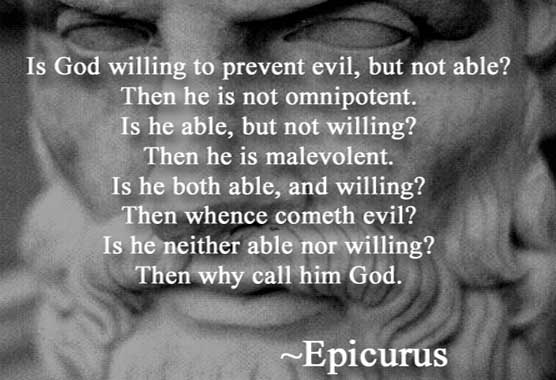[QUOTE="GabuEx"]
[QUOTE="dog64"]
I was raised a Christian and was tought it's beliefs all my life. I finally left it when I knew that I couldn't trust one religion out of countless others. Most Christians focus too much on the eternal punishment by always mentioning god's wrath in hell and saying all non-believers will be going there. In fact I don't believe in hell (It's actually called Hades or Sheol) because I don't see a god of love doing such a thing to his creation.
dog64
You don't have to believe in eternal damnation in hell in order to be a Christian - in fact, most early Christians didn't. ;)
I think it's safe to say that 90% of todays Christians do, since the term hell is used in many Bible translations. What I'm really wondering is if that's the accurate term to use.
Well, what matters is not really the English word used, but rather what is meant by the word. If one studies history, one will find that, like I said, the vast majority of the earliest Christians did not believe in hell in the form of something akin to an eternal torture chamber. It wasn't until the Roman government and the Roman Catholic Church adopted the doctrine of eternal damnation as their official doctrine and declared all other opposing doctrines heresy that that doctrine became mainstream. From there, it was a simple matter of using that doctrine as a weapon against their political and religious opponents - "Don't oppose us, because that's opposing God, and you'll be punished eternally if you do that!" The officially sanctioned Latin translatrion of the Church - the Vulgate - was the first translation in which the phrase "eternal punishment" appeared in plain text.
And that is, in a nutshell, why so many Christians today believe in eternal damnation - eventually, the records of what transpired waaaay back were lost, and no one really questioned the translations of the Bible that included the phrase "eternal punishment".

Log in to comment